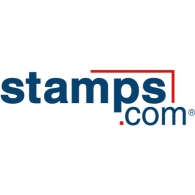Turning A Science Fiction Hobby Into A Successful Side Project
Hello! Who are you and what business did you start?
Hi! My name is Joe Stech, and I'm the founder of compellingsciencefiction.com. I publish science fiction short stories, focusing on plausible science fiction.
I started Compelling Science Fiction because I'd always been a huge fan of the genre, and realized that I could help encourage more authors to write the kind of science fiction that I enjoyed.
I'm happy to say that by that measure we've succeeded -- we're one of a couple dozen SFWA (Science Fiction and Fantasy Writers of America) qualifying markets in the world, and thus far we've paid professional rates to over 50 wonderful authors. This goal has resonated with our ~1600 readers, many of whom support the company voluntarily on Patreon.
This is a side project for me, so it doesn't have to make a profit, but it does pay for itself. I only publish two issues a year (summer/winter) and in those months we make ~$1500. All of that money goes back to paying authors.

























